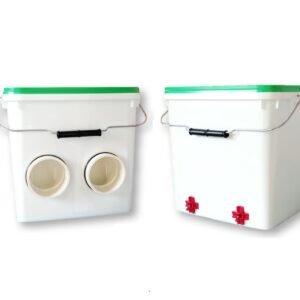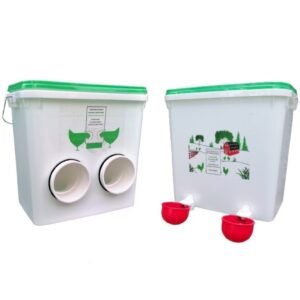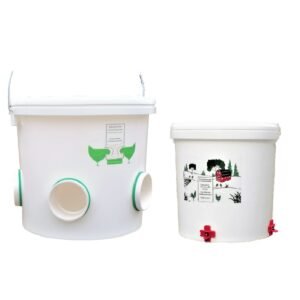Internal parasites (helminths) are common parasitic worms affecting poultry, including roundworms (nematodes), tapeworms (cestodes), and flukes (trematodes). These parasites live in various parts of the bird’s digestive system and other organs, causing health issues and production losses.
SYMPTOMS
CAUSES
PREVENTION
TREATMENT
SYMPTOMS
- Common Symptoms Across All Poultry:
- Weight loss/poor growth
- Decreased egg production
- Diarrhea
- Weakness
- Pale combs/wattles
- Reduced feed efficiency
- Visible worms in droppings
- Intestinal blockage
- Anemia
- Specific Manifestations:
- Chickens & Hens:
- Roundworms: pot-bellied appearance
- Tapeworms: increased appetite but weight loss
- Gapeworms: gasping, head shaking
- Turkeys:
- More susceptible to cecal worms
- Severe weight loss
- Blackhead disease association
- Waterfowl:
- Higher susceptibility to gizzard worms
- Swimming difficulties
- More prone to fluke infections
- Chickens & Hens:
CAUSES
- Primary Causes:
- Ingestion of infected intermediate hosts
- Direct consumption of parasite eggs
- Contaminated soil/water
- Infected earthworms/insects
- Transmission Routes:
- Fecal-oral route
- Through intermediate hosts
- Contaminated feed/water
- Direct contact with infected birds
PREVENTION
- Management:
- Regular rotation of pastures
- Clean drinking water
- Proper drainage
- Regular cleaning of housing
- Biosecurity:
- Control of intermediate hosts
- Proper disposal of droppings
- Separate age groups
- Limited access to wild birds
TREATMENT
- Medical Intervention:
- Regular deworming programs
- Specific anthelmintics based on parasite type
- Rotation of dewormers to prevent resistance
- Supportive Care:
- Nutritional support
- Stress reduction
- Improved sanitation
- Regular monitoring
Conclusion: Treatment should be based on proper diagnosis and veterinary guidance to avoid resistance development.
This overview emphasizes the importance of integrated parasite management combining prevention, monitoring, and strategic treatment approaches.


